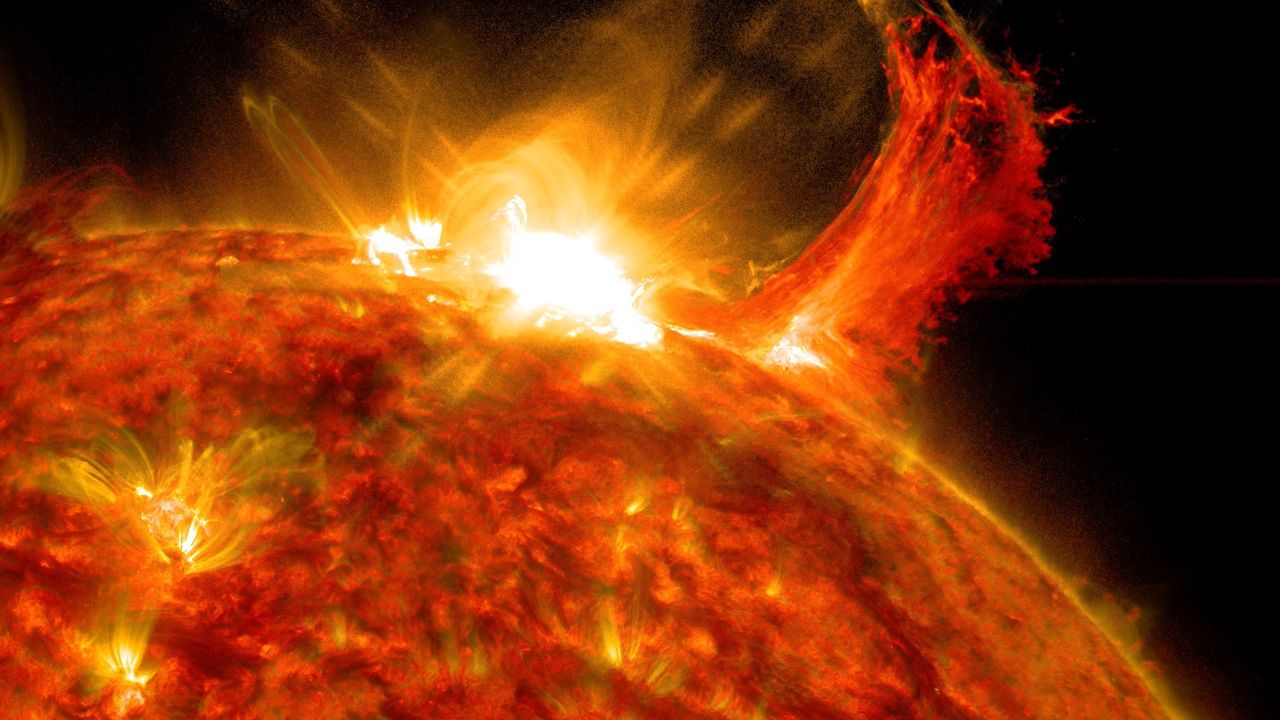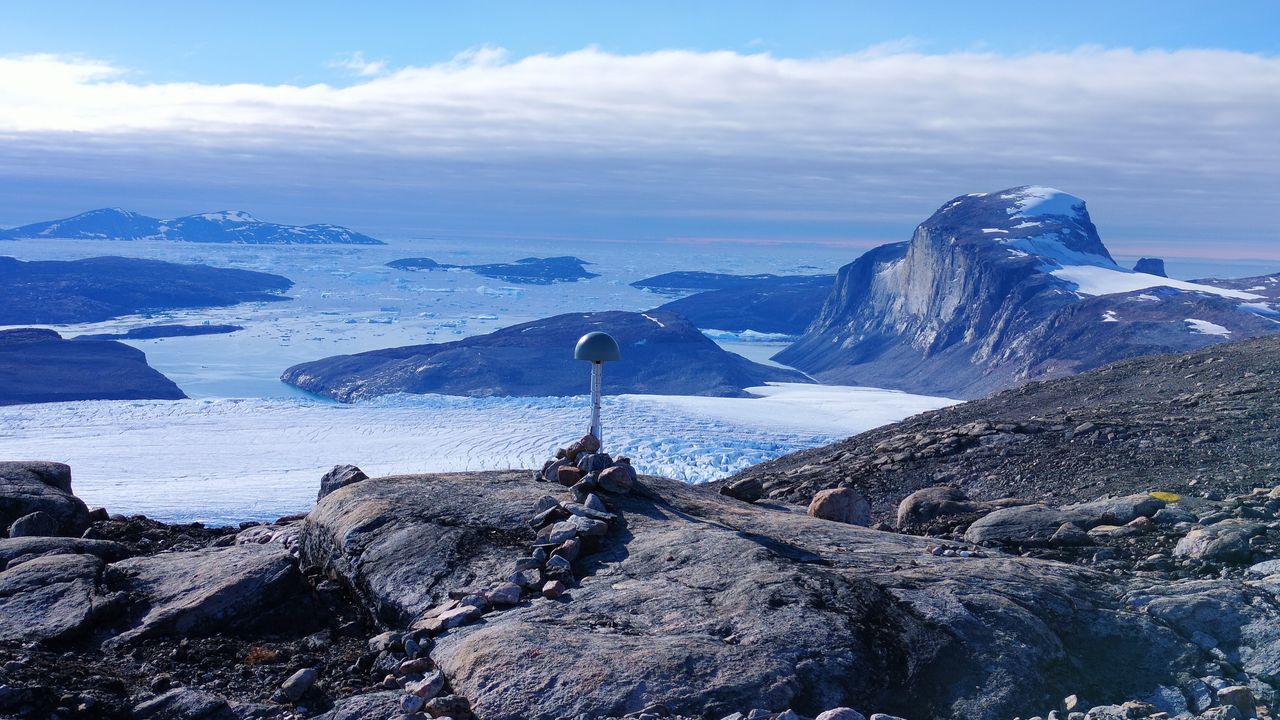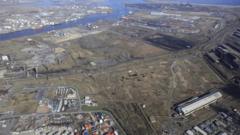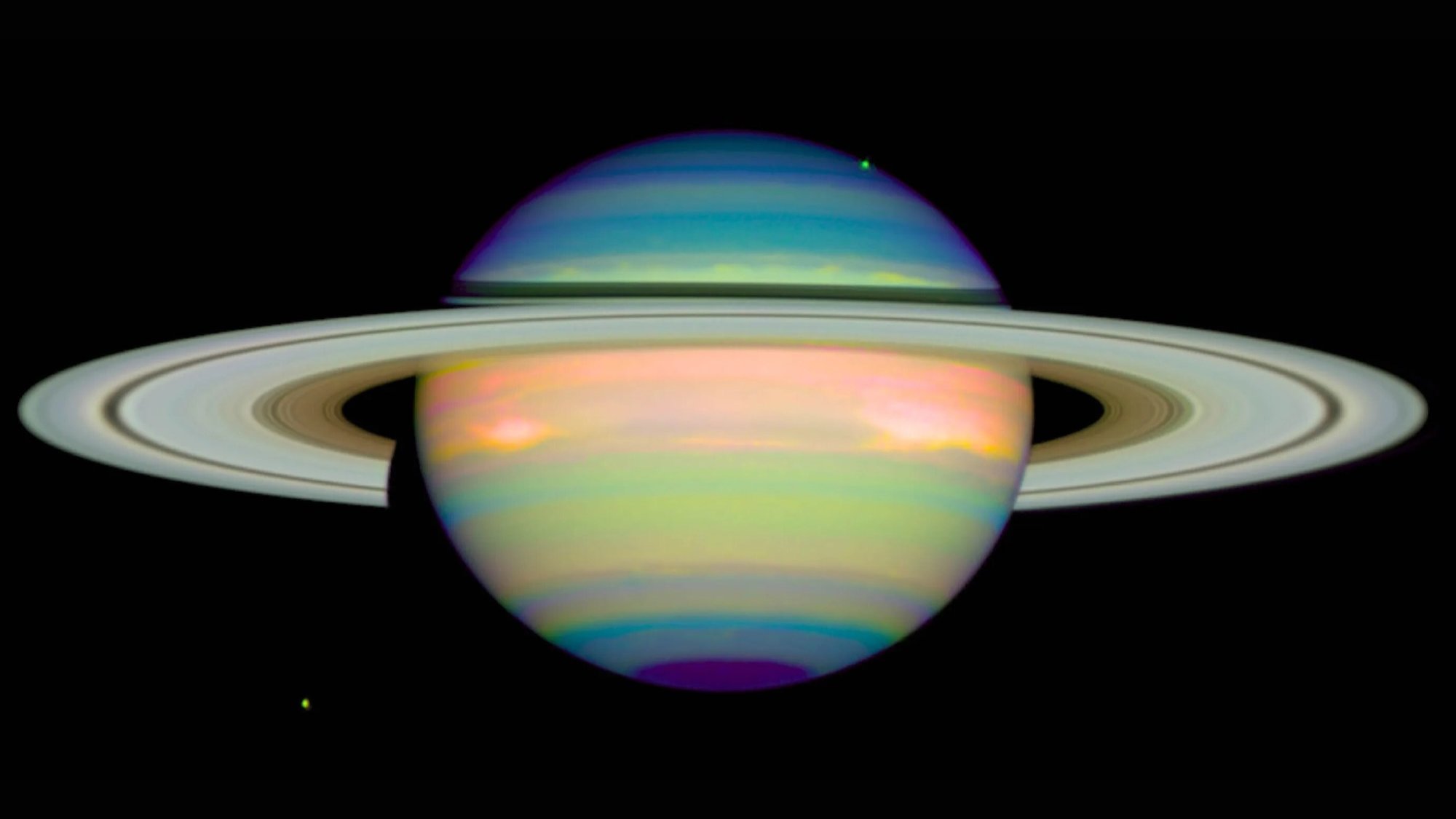Powerful solar storms may help life get going on alien planets. Here's how
PositiveScience
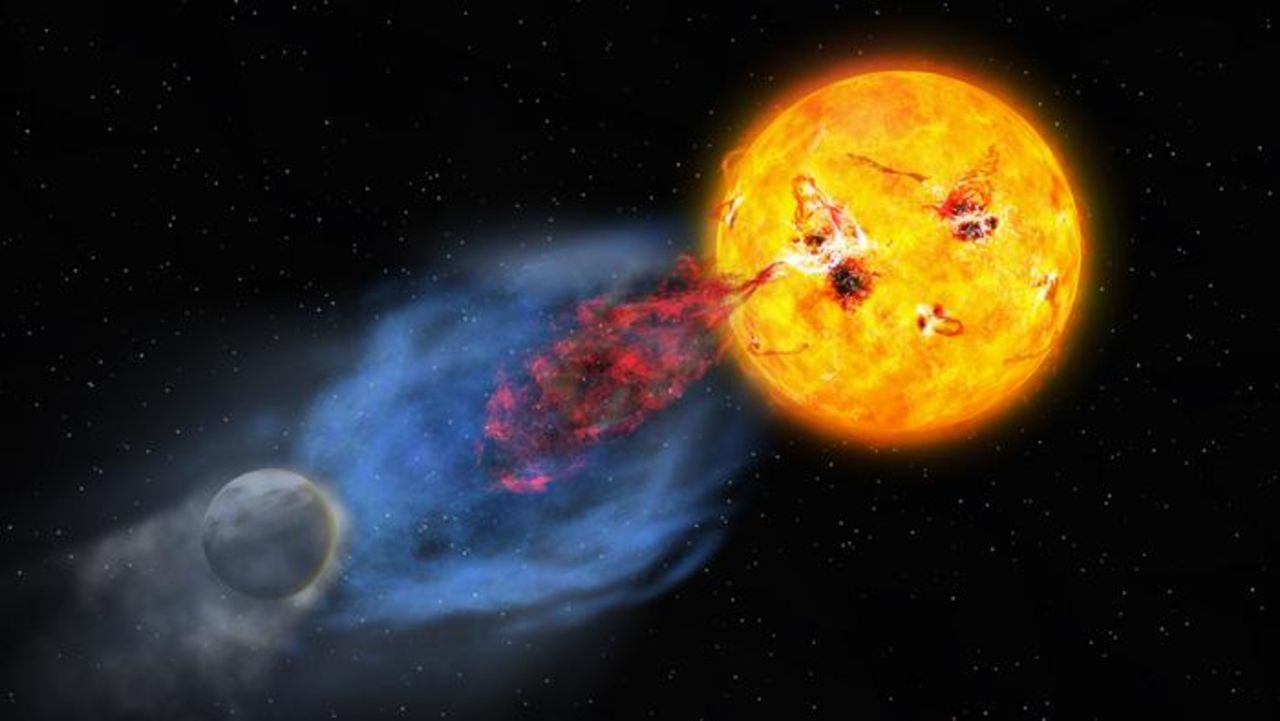
Recent observations of a volatile young star reveal that powerful solar storms could provide the energy needed to spark life on orbiting planets. This discovery is significant as it enhances our understanding of how life might emerge in the universe, suggesting that even in harsh conditions, the right cosmic events could lead to the development of biological processes.
— Curated by the World Pulse Now AI Editorial System
